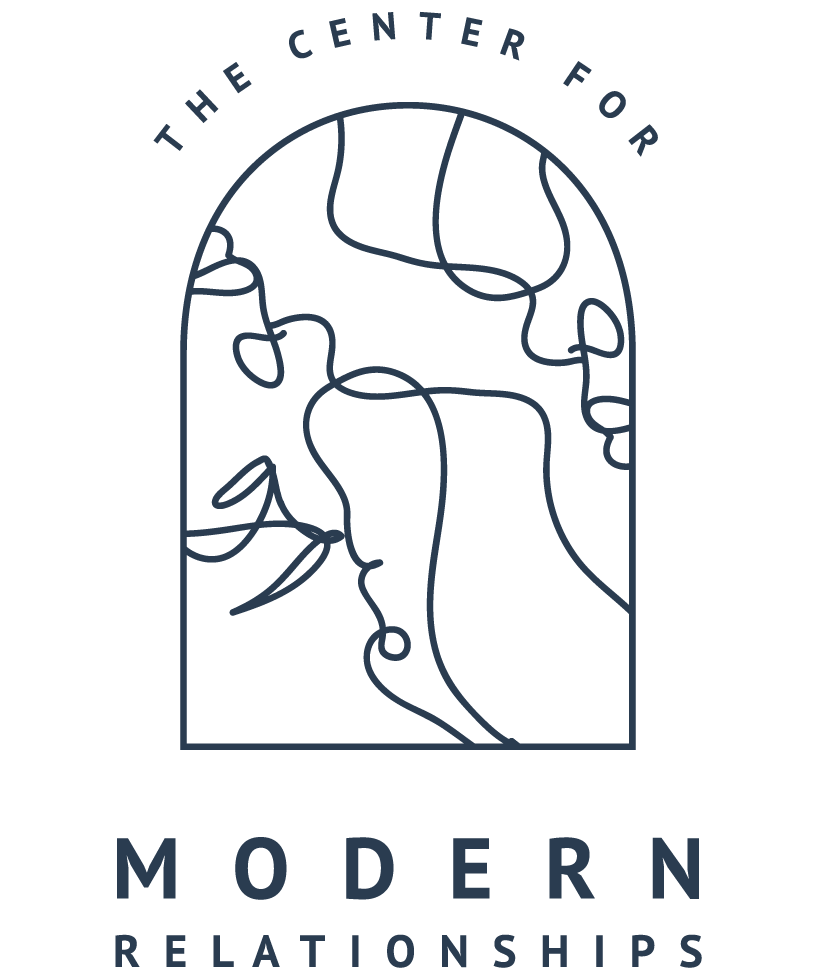Do These Five Things for a Great Relationship
Though an article never gets you close to the processing and learning done in sex and relationship therapy, I want to share with you five concepts that you can adopt this year to help you have your best possible relationship, especially for the long-run.
1. Choose your consequences. As humans, we love seeking rewards and dopamine, and we equally try to stay away from the things that make us feel vulnerable or feel bad. The fact is, any choice that you have in front of you is going to have consequences (short and long term), and these are usually the things that shut you down from making choices that nourish your relationships. If you want a better relationship and/or sex life, you're going to have to choose your consequence: don't ever talk about your feelings, wants, or needs, and you choose the consequence to allow your relationship to continue down the road it's or. In contrast, do say something about it and choose the consequence of feeling vulnerability and discomfort? This provides a great possibility something will change.
c/o giphy: vulnerability
And yes, sometimes the consequence of putting your wants and needs out there will be that you realize you and your partner want different things. Sometimes the consequence is grieving our wants or fantasies about what our relationship could be. Sometimes the consequence is that the relationship no longer serves you. That's okay - people change and if you truly value a partnership, you will value recognizing that there will be points in life where you have to reconfigure our relationship to make it work for the humans we changed into. Remember that aging is a privilege, having a long term relationship is a privilege, and the consequences you choose for engaging in either is feeling vulnerability and eventual intentional work on it.
2. Develop a culture of learning. The fact is, there is a sex education and social-emotional-relational education that we all deserved all along that we never got. You’ve done your best, but diversity of thought outside of your community is extremely important. Develop a culture and practice of learning that brings in information outside of the typical people and places you frequent. There is SO much information out there on how to relate to one another that can serve you much better than your parents, friends, and media did. Having a culture and practice of learning can look like any of the following: reading a book with your partner and discussing how this information affects our ourselves individually, as well as your relationship; going to community events to connect to other couples (knowing where to find people you resonate with in life is an important skill!); sharing facts you picked up throughout the day as a conversation topic in the car or over a meal; doing question sets like CMR’s Sexual Conversation Starters or the We're Not Really Strangers game to know yourself and your partner more deeply. Additionally, when you get into disagreement with your partner, you both make it a point to go find three reputable sources of science to help support information around what you're fighting about or stuck on and finally, meaning making conversations are a must - humans are meaning making machines, and you have to approach the meaning someone is holding around something with curiosity, rather than defensiveness or narrowmindedness.
c/o giphy: learning
3. Know yourself and your system. Make intentional time to get to know yourself, either on your own using tools like books, personality tests, etc. or through therapy exploration. Sure, we all have our quirks and ways we know to be in the world - have you ever explored why you believe something, or how you came to learn certain quirks or thought processes? What are your sexual and romantic preferences or disinterests? Can you put into words what you want in the deepest, most private parts of yourself to be able to share it in relationship with someone you trust? You can't expect your partner to know you better than you know yourself, so do the work to really mine your own depths.
4. Intentionally learn emotions language. In order for a relationship of any kind to work, we need to be able to express ourselves. Being that we live in a patriarchal culture, almost none of us got education about how to express the way we feel using emotions language. Our more common dynamic is reading nonverbal cues, or reading into someone's words, and not even thinking twice about the fact that we should be asking someone to describe their own experience rather than operating off of our own assumptions. Get creative on google! Read therapy blogs, find the feelings wheel, learn what books have been written or what podcasts exist around expressing emotions. And definitely take advantage of HBO/Brene Brown's Atlas of the Heart.
5. Don't assume you know all there is to know about your partner. Think about yourself five years ago, or even one year ago... chances are you're a different human than you once were. Has your partner been introduced to this iteration of you? Have you been reintroduced by your partner to their evolved self? Our brain is great at doing its job - logging and remembering templates for how we know people to be. We're great at operating on assumption for this reason. However, you really have to remember that you absolutely cannot assume anything about our partner, simply because of how quickly people change and how complex the human emotional and body systems are. Complex beings deserve complex thought and complex conversations. When you catch yourself assuming, make sure you turn that assumption into a question.
Wishing you peace, pleasure, and great relationship dynamics.


